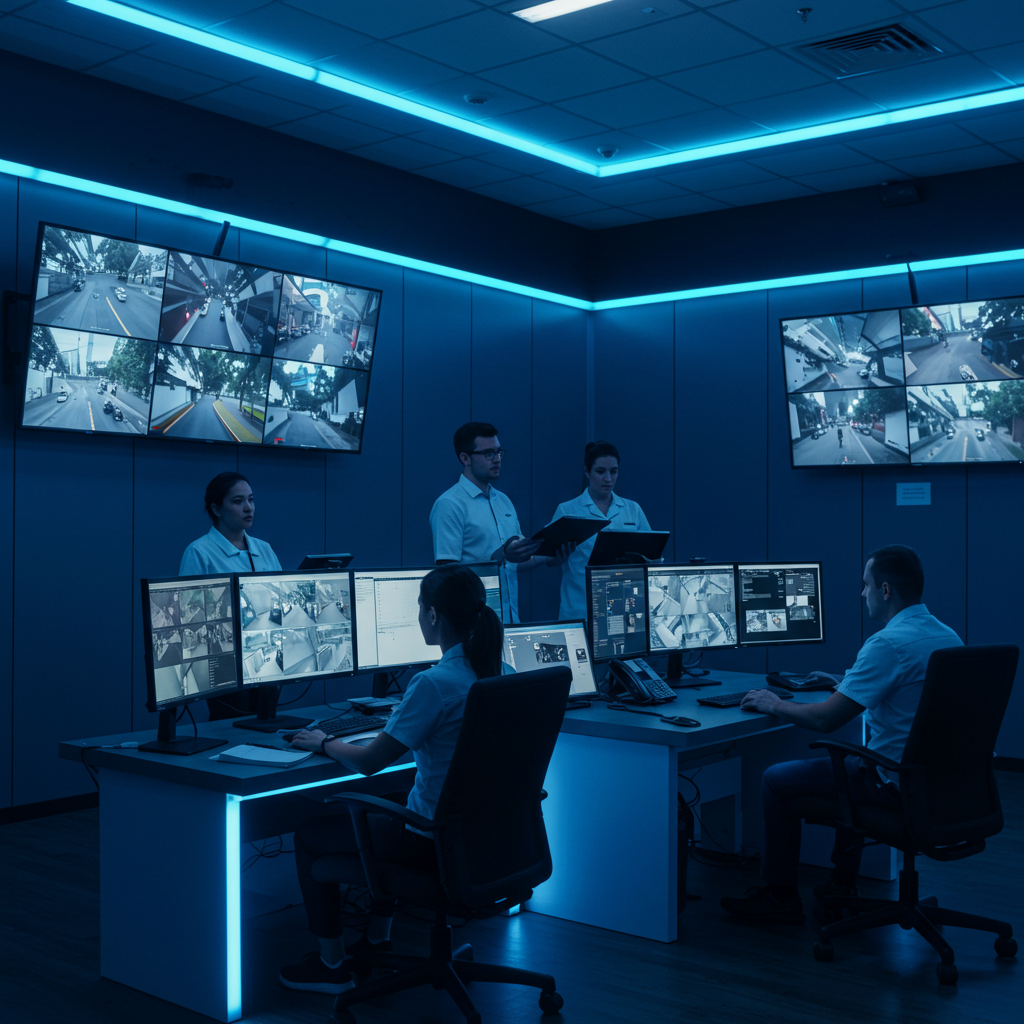In recent years, we’ve seen a seismic shift in how businesses approach automation, data, and innovation. And at the epicenter of this transformation? Generative AI. Whether it’s text, image, code, or content creation, generative AI is setting new benchmarks for what’s possible. And yet, despite the buzz, many organizations are still sitting on the sidelines.
As a leading generative AI development company, we’ve talked to countless business leaders—some excited, others hesitant. From these conversations, a clear pattern has emerged. This blog is for the decision-makers and entrepreneurs who are curious but cautious. If you’re wondering whether now is the right time to embrace generative AI development services, read on. You might discover that your biggest obstacles are more manageable than they seem.
1. Fear of the Unknown
Let’s face it—AI sounds intimidating. The moment someone says “machine learning” or “neural networks,” many business owners freeze. There’s a common misconception that AI is only for tech giants or companies with billion-dollar budgets. But the reality is different.
Generative AI tools today are increasingly user-friendly and scalable. Partnering with a generative AI development company means you don’t have to understand the backend intricacies. You need to articulate your business goals and let the experts handle the rest.
The unknown isn’t a reason to avoid AI. It’s a reason to explore it strategically.
2. Concerns About Cost
One of the biggest perceived barriers is cost. Many companies assume that integrating generative AI will break the bank. But just like other digital solutions, generative AI is customizable. A small business doesn’t need to invest in the same infrastructure as a Fortune 500 company.
Instead, you can start small: automating your customer support with an AI chatbot, generating product descriptions for your e-commerce store, or using AI to analyze customer sentiment. With the right generative AI development company, solutions are crafted around your budget and goals.
Think of AI not as a cost, but as an investment—and a powerful one at that.
3. Lack of In-House Expertise
Another common concern is the lack of internal AI knowledge. Businesses often say, “We don’t have data scientists or AI engineers.” But here’s the thing: you don’t need to.
That’s the role of a generative AI development company—to bring that talent and experience to your project. These companies specialize in designing and deploying solutions without burdening your internal team. They handle the technical side while you focus on what matters most: running your business.
You don’t need to build a data lab. You just need the right partner.
4. Worries About Data Security
AI models rely heavily on data. Understandably, some businesses hesitate to share sensitive information. They worry about compliance, breaches, and data misuse.
A reputable generative AI development company will build solutions with security and compliance in mind. Whether it’s GDPR, HIPAA, or other industry regulations, your development partner should be well-versed in building safe, secure, and compliant systems.
Transparency is key—ensure your development partner walks you through how your data will be used and protected.
5. Unclear ROI
“We’re not sure if it will deliver results.” That’s a valid concern. But here’s what many businesses overlook: AI is not a one-size-fits-all tool. It’s a precision instrument. When implemented correctly, the ROI is not just measurable—it’s significant.
Imagine cutting your customer service time in half. Or reducing content production cycles from weeks to hours. Or making smarter inventory predictions that prevent overstocking. These are real, bottom-line benefits.
A capable generative AI development company will help define clear KPIs and success metrics, so you can track the ROI from Day 1.
6. The “Wait and Watch” Mentality
This is perhaps the most dangerous mindset of all: “Let’s wait and see how others use AI first.”
The truth? Your competitors are already exploring it. In 2025 and beyond, the gap between AI adopters and latecomers will only widen. Generative AI is no longer an experiment—it’s becoming a competitive necessity.
You don’t need to do everything at once. Start small. Start smart. But start.
7. No Clear Use Case
Many businesses simply don’t know how generative AI could help them. They’ve read the headlines, maybe even experimented with ChatGPT—but can’t connect the dots to real-world use.
This is where a generative AI development company adds value. During the consultation phase, they help identify pain points, analyze workflows, and recommend AI-powered solutions tailored to your industry and business size.
From automating repetitive tasks to enhancing personalization at scale, the potential use cases are vast. You just need help identifying yours.



